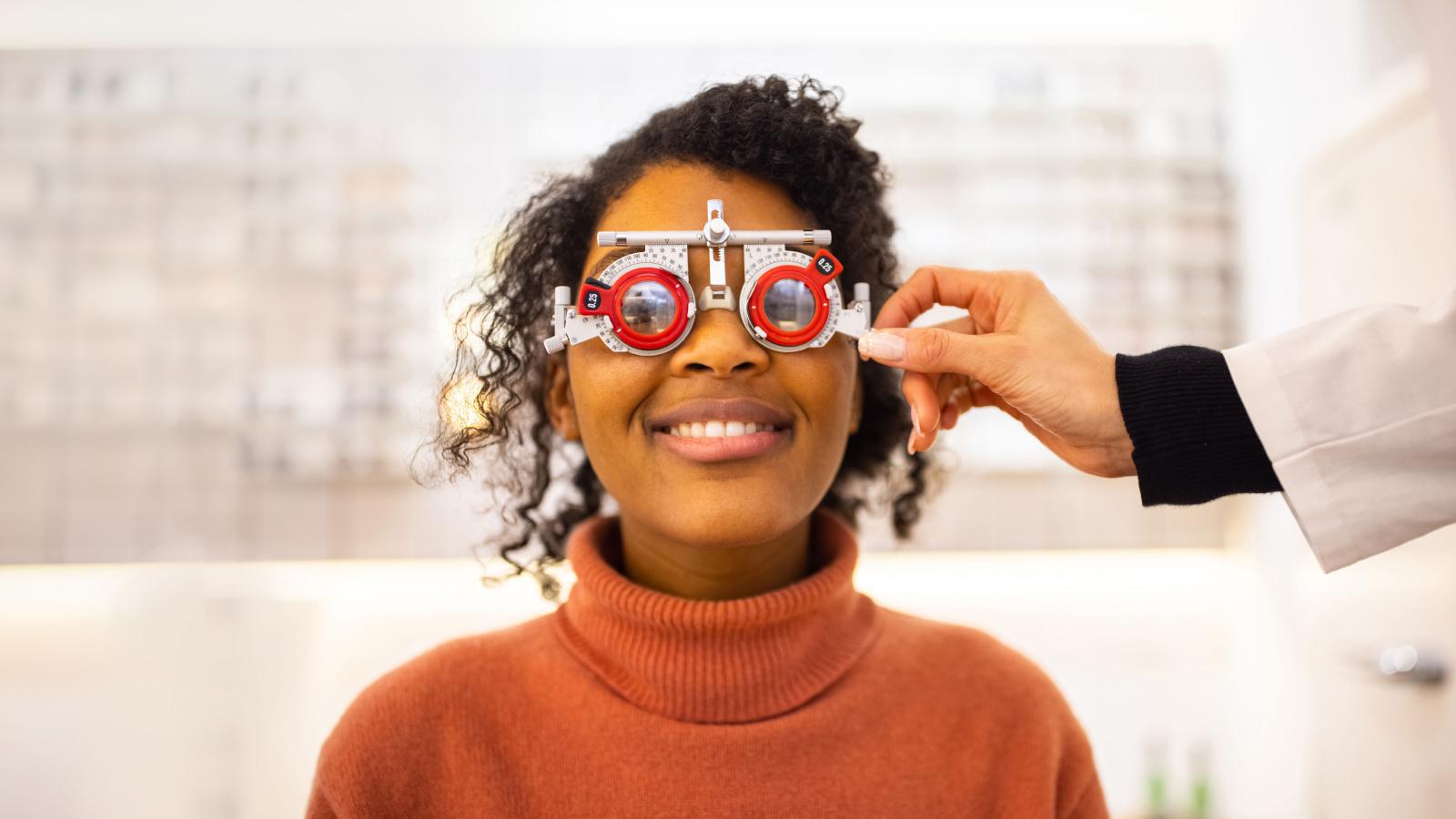Am I at risk of vision loss?
Last updated August 7, 2025

It might surprise you to learn that according to the CDC, 40% of adults are at high risk for vision loss. And while early detection and treatment of eye problems is one of the best ways to prevent vision loss, many of those adults did not get an eye exam in the last year.1
What are high risk factors for vision loss?
Diabetes: The blood vessels in the eye can be damaged by diabetes. This damage can include leaky blood vessels and weak blood vessels.2
High blood pressure: Blood vessels can also be damaged by high blood pressure. Fluid buildup under the retina and damage to the optic nerve are other possible issues caused by high blood pressure.3
UV exposure: Make sure to protect your eyes in the sun! The risk of developing macular degeneration and cataracts increases with UV exposure. Wear sunglasses with full UVA/UVB protection to help protect your eyes.4
Smoking: Smoking has been linked to an increased risk of developing macular degeneration, cataracts, and optic nerve damage.5
Age: Macular degeneration, cataracts, glaucoma, and retinal detachment all become more common after you turn 60.6
How can you prevent vision loss?
Vision disability is one of the top 10 disabilities among adults, but early detection with timely treatment of eye conditions can be effective to prevent vision loss. For example, 90% of blindness caused by diabetes is preventable.7
Taking care of your vision health as part of your overall health and well-being is a great first step. Being overweight can lead to risk factors like diabetes and high blood pressure. Eating healthy and staying active can help prevent vision loss. Certain healthy foods, like carrots, dark leafy greens, and fish high in omega-3 fatty acids can benefit your vision. Also, if you smoke, quitting can be beneficial to your eye health as well.8
Giving your eyes a rest and keeping them clean are also important. If you spend a lot of time looking at a computer or other screens, it can cause eye strain and fatigue. You’ll also want to avoid eye infections by washing your hands before putting in your contacts and following instructions for disinfecting and replacing contacts.9
Another key component to taking care of your health is having regular eye exams. You may think you don’t need exams if you have perfect vision, but these exams aren’t just for people who need glasses or contact lenses, they're also a way to find issues early on to help protect your vision.
Some eye problems don’t have any symptoms at first and the only way to detect them is through a dilated eye exam. This means eye issues and diseases can go unnoticed for a long time if you’re not getting annual exams. Treatment in the early stages is the best way to prevent vision loss though, which makes eye exams crucial to keeping your vision healthy.10
Having vision insurance can help with the cost of seeing an optometrist and increase the likelihood of getting your eyes checked annually. In fact, people with vision insurance are four times more likely to get regular eye exams.11 Vision coverage also helps with the expenses for prescription glasses, frames, and contacts.
Don’t overlook your vision health! It’s an important part of your overall well-being. Our research shows that those who rate their vision health highly are seven times more likely to have high overall well-being.12 Taking just a few small steps will help to provide your eyes the care they deserve and help prevent the risk of vision loss.
Resources for your well-being
Looking for more information on caring for your well-being? Visit our Learning Center for tips and resources to help your mind, body, and wallet®.
